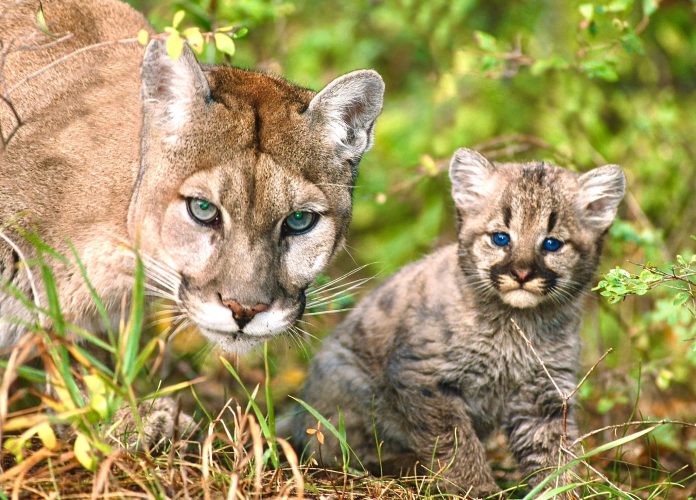
New Bill To Ban Wildlife Killing Contests On U.S. Public Lands Has Been Introduced By The House Of Representatives
By WAN
You can help all animals and our planet by choosing compassion on your plate and in your glass. #GoVeg

You can help all animals and our planet by choosing compassion on your plate and in your glass. #GoVeg